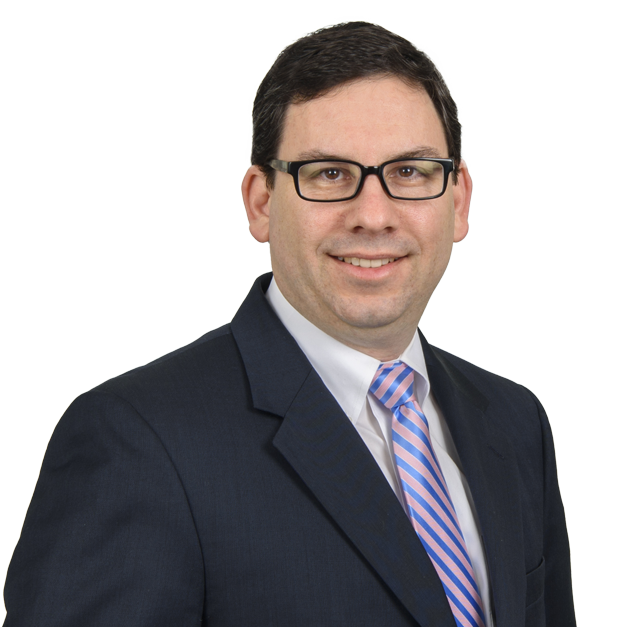Insights
Thought Leadership
The Time Has Run on Laches Defenses Against Patent Damages
In SCA Hygiene Prods. Aktiebolag v. First Quality Baby Prods., LLC, 580 U.S. ____, 137 S. Ct. ____ (2017), the Supreme Court vacated an en banc Federal Circuit decision and held that laches cannot be invoked as a defense against a claim for patent damages brought within the six-year limitations period of 35 U.S.C. 286. Writing for the 7-1 majority, Justice Alito relied on, and often quoted, the Court's reasoning in an earlier copyright case Petrella v. MGM, 572 U.S. ___, 134 S. Ct. 1962 (2014). The Court also invoked separation of powers principles and noted the traditional role of laches in equity.
The Court's Analysis
The Court first noted that Petrella "spoke in broad terms" and declared "[w]hen Congress enacts a statute of limitations, it speaks directly to the issues of timeliness and provides a rule for determining whether a claim is timely enough to permit relief." SCA Hygiene, slip op. at 4 (citing Petrella, 134 S. Ct. at 1973). While laches serves a function similar to statutes of limitations by protecting against untimely claims, the Court emphasized that enactment of a statute of limitations "necessarily reflects a congressional decision that the timeliness of covered claims is better judged on the basis of a generally hard and fast rule rather than the sort of case-specific judicial determination that occurs when a laches defense is asserted." Id. A contrary conclusion, the Court stated, would give judges a "'legislation-overriding' role that is beyond the Judiciary's power." Id. The Court characterized laches as a "gap-filling" doctrine, not applicable when the Legislature has provided a fixed-time limitation. Id. at 5.
The Court then reasoned that Congress enacted § 286 to reflect its judgment on the standard of timeliness — six years — for patent damages claims. Id. at 6. The Court disapproved the defendant's attempt to distinguish Petrella on the ground that § 286 is not a true statute of limitations (said to bar actions brought after accrual), but a mere time limitation on damages (said to permit damages looking backwards from case filing). Compare § 286 ("Except as otherwise provided by law, no recovery shall be had for any infringement committed more than six years prior to the filing of the complaint or counterclaim for infringement in the action.") with 17 U.S.C. 507(b) ("No civil action shall be maintained under the provisions of this title [for copyright infringement] unless it is commenced within three years after the claim accrued."). While the Court did not expressly declare § 286 a "true" statute of limitations, it resolved "nothing depends on this debatable taxonomy." SCA Hygiene, slip op. at 8.
Taking note of the Patent Act's "except as otherwise provided by law" caveat, the Court nevertheless rejected the Federal Circuit's reasoning that laches is one of the defenses available under § 282(b) and for that reason excepted from § 286. Id. at 8–9.
What SCA Hygiene Means to You
Certainly, the SCA Hygiene decision is good news for patent owners, who may now be able to recover up to six years of patent damages regardless of how long they sit on their rights. Of course, "unscrupulous patentees," slip op. at 16, may find their claims subject to other defenses, such as equitable estoppel. Moreover, patent owners must beware that laches may remain an available defense to claims for equitable relief, such as injunctions under § 283 or even disgorgement under § 289. Moreover, though we think the fear discussed in Justice Breyer's dissent, that a patent owner might now "keep bringing lawsuits, say, in year 10 (collecting damages from years 4 through 10), in year 16 (collecting damages from years 10 through 16) and in year 20 (collecting any remaining damages)," SCA Hygiene, slip op. at 3 (Breyer, J., dissenting), a little far-fetched, patent owners are well advised to consider the value of injunctions or post-judgment licenses, when obtained early in a patent's term. Accordingly, patent owners remain advised to pursue patent infringement claims promptly, particularly against competitors.



